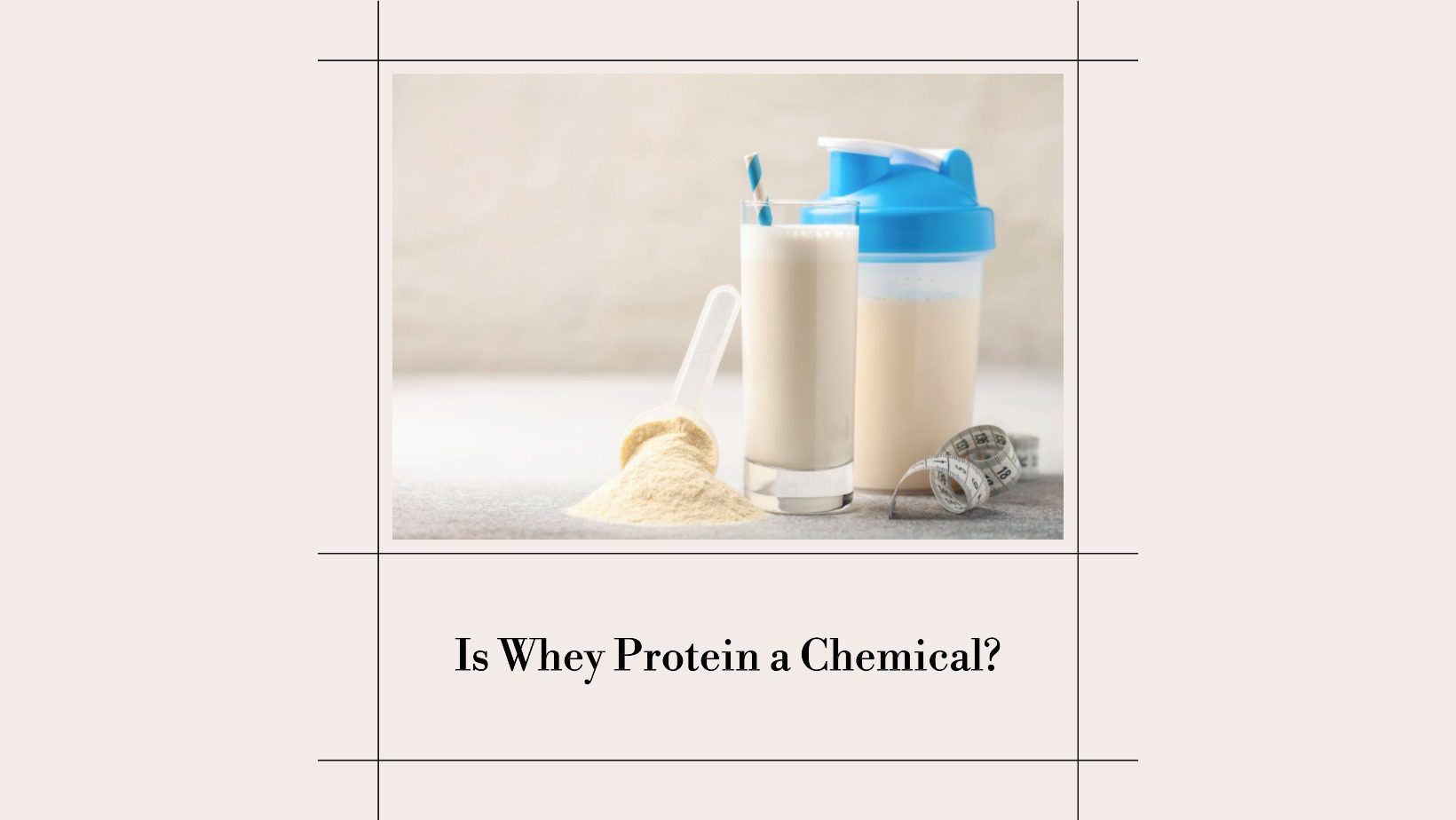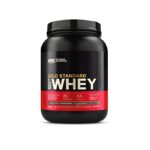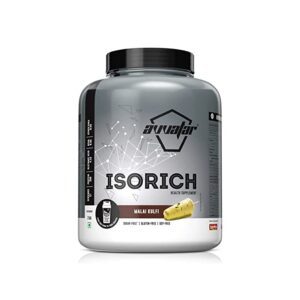Is Whey Protein a Chemical, In today’s health and fitness industry, whey protein has gained significant popularity as a dietary supplement. As more people strive to live a healthy lifestyle and build a fit physique, questions and misconceptions about whey protein often arise. One common question that frequently comes up is whether whey protein is a chemical. In this article, we will delve into the topic and explore the composition, benefits, misconceptions, safety, and usage of whey protein.
1. Introduction
Whey protein is a byproduct of cheese production and is obtained from milk. It is widely recognized for its high protein content and essential amino acids, making it a popular choice among athletes, bodybuilders, and fitness enthusiasts. However, some individuals question its nature, wondering if it is a chemical compound that might have harmful effects on the body.
2. What is Whey Protein?
Whey protein is a complete protein derived from whey, the liquid portion of milk that separates during cheese production. It contains a range of essential amino acids, including branched-chain amino acids (BCAAs), which are crucial for muscle growth and repair.
3. Is Whey Protein a Chemical?
The simple answer is No, whey protein is not a chemical. Rather, it is a naturally occurring protein that can be extracted from milk through various filtration processes. Chemicals, on the other hand, refer to substances produced by or used in chemical reactions. Whey protein is not artificially synthesized but is instead obtained from a natural source, making it a nutritional supplement rather than a chemical compound.
4. Understanding Chemical Composition
To gain a better understanding, let’s briefly delve into the chemical composition of proteins and whey protein specifically.
Protein Structure
Proteins are composed of amino acids, which are organic compounds containing carbon, hydrogen, oxygen, and nitrogen. Amino acids are linked together by peptide bonds to form long chains, which fold and twist into unique three-dimensional structures. These structures determine the protein’s function and properties.
Whey Protein Composition
Whey protein contains a range of amino acids, including essential amino acids that our bodies cannot produce on their own. It consists primarily of beta-lactoglobulin, alpha-lactalbumin, and serum albumin, with smaller amounts of immunoglobulins and lactoferrin. These components contribute to the nutritional value and bioavailability of whey protein.
5. Manufacturing Process of Whey Protein
Whey protein is obtained through a multi-step manufacturing process. Initially, milk is pasteurized and then subjected to a separation process to remove the cheese curd, leaving behind whey. The whey is then filtered, concentrated, and dried to obtain whey protein powder. This process involves mechanical filtration techniques rather than chemical alterations, ensuring the preservation of its natural composition.
6. Benefits of Whey Protein
Whey protein offers numerous benefits when incorporated into a balanced diet and proper exercise routine. Let’s explore some of the key advantages it provides:
Muscle Growth and Recovery
Whey protein is highly regarded for its role in promoting muscle growth and aiding in recovery. It provides a rich source of amino acids, including BCAAs, which play a vital role in protein synthesis and muscle repair. Consuming whey protein after a workout helps stimulate muscle protein synthesis, leading to enhanced muscle recovery and growth.
Weight Management
For individuals aiming to manage their weight, whey protein can be a valuable asset. Protein is known for its ability to increase satiety and reduce appetite, leading to a decreased calorie intake. Incorporating whey protein into a balanced meal plan can help control cravings and support weight loss or maintenance goals.
Nutritional Support
Whey protein is not only an excellent source of protein but also provides essential nutrients such as calcium, magnesium, and B vitamins. These nutrients are essential for overall health, bone strength, and maintaining various bodily functions. Incorporating whey protein into one’s diet can help meet daily nutritional requirements.
7. Misconceptions about Whey Protein
Despite the numerous benefits, misconceptions about whey protein still exist. Let’s address a couple of common misconceptions:
Whey Protein and Steroids
One misconception is that consuming whey protein can lead to steroid-like effects. It’s important to clarify that whey protein is a natural dietary supplement and does not contain steroids. Steroids are synthetic compounds that mimic the effects of hormones in the body, while whey protein is a source of amino acids that supports muscle growth and recovery.
Whey Protein and Artificial Ingredients
Another misconception is that whey protein powders are laden with artificial ingredients and additives. While it’s true that some protein powders may contain additives, it’s crucial to choose high-quality whey protein products that are minimally processed and free from unnecessary additives. Reading labels and selecting reputable brands can help ensure the quality and purity of the product.
8. Safety and Side Effects of Whey Protein
Whey protein is generally considered safe for consumption by healthy individuals. However, some people may experience mild side effects such as bloating, digestive discomfort, or allergic reactions. It’s advisable to start with smaller servings and gradually increase intake to assess individual tolerance. If any adverse effects occur, it’s recommended to discontinue use and consult a healthcare professional.
9. Choosing the Right Whey Protein
When selecting a whey protein product, it’s essential to understand the different types available:
Whey Protein Concentrate 
Whey protein concentrate contains varying levels of protein (ranging from 25% to 89%) along with some lactose and fat. It offers a more cost-effective option while still providing the benefits of whey protein. CHECK BUY LINK
Whey Protein Isolate 
Whey protein isolate undergoes additional processing to remove most of the lactose and fat, resulting in a higher protein content (usually above 90%). It is a purer form of whey protein, making it suitable for individuals with lactose intolerance or those seeking a higher protein concentration. CHECK BUY LINK
BEST 100% NATURAL WHEY PROTEIN POWDER SUPPLEMENTS-CHECK LINKS TO BUY
- OPTIMUM NUTRITION WHEY PROTEIN ISOLATE- CHECK LINK
-
Nutrabay Gold 100% Whey Protein Isolate with Digestive Enzymes –CHECK LINK
-
AVVATAR WHEY PROTEIN | 4 KG | Unflavoured | Made with Fresh Cow’s Milk-CHECK BUY LINK
-
AS-IT-IS ATOM Whey Protein 4 kg with Digestive Enzymes | Kesar Elaichi –CHECK BUY LINK
-
AVVATAR ISORICH WHEY PROTEIN- CHECK BUY LINK

10. Incorporating Whey Protein into Your Diet
To incorporate whey protein into your diet, consider the following tips:
- Choose a high-quality whey protein powder from a reputable brand.
- Follow the recommended serving size and adjust as per your specific needs and goals.
- Consume whey protein as part of a balanced meal plan, including other nutrient-dense foods.
- Consider consuming whey protein within an hour after exercise for optimal muscle recovery.
- Experiment with different recipes to create delicious and nutritious protein shakes or incorporate whey protein into baking or cooking.
11. Frequently Asked Questions (FAQs)
- Is whey protein suitable for vegetarians and vegans?
- No, whey protein is derived from milk and is therefore not suitable for individuals following a vegan lifestyle. However, there are plant-based protein alternatives available such as pea protein or soy protein.
- Can whey protein help with weight loss?
- Yes, incorporating whey protein into a balanced diet can aid in weight loss due to its satiating effects and support for lean muscle mass.
- Can whey protein be consumed by individuals with lactose intolerance?
- It depends on the individual’s tolerance level. Whey protein isolate, with its reduced lactose content, is often better tolerated by individuals with lactose intolerance.
- Can whey protein replace whole foods in the diet?
- While whey protein offers numerous benefits, it is always advisable to prioritize whole, nutrient-dense foods in the diet. Whey protein can be a valuable addition to support protein intake but should not replace a varied and balanced diet.
- Are there any age restrictions for consuming whey protein?
- Whey protein can be consumed by individuals of various age groups, but it’s recommended to consult a healthcare professional before incorporating it into the diet of children or older adults.
12. Conclusion
In conclusion, whey protein is not a chemical compound but rather a naturally occurring protein derived from milk. It provides numerous benefits, including muscle growth, weight management, and nutritional support. While misconceptions exist, understanding the composition, safety, and proper usage of whey protein can help individuals make informed decisions about incorporating it into their diet and fitness routine.
13. FAQs
Q: Is whey protein a chemical compound?
No, whey protein is a naturally occurring protein derived from milk, not a chemical compound.
Q: What are the benefits of whey protein?
Whey protein offers advantages such as muscle growth, weight management, and nutritional support.
Q: Are there any side effects of consuming whey protein?
Some individuals may experience mild side effects such as bloating or digestive discomfort. It’s advisable to start with smaller servings and monitor individual tolerance.
Q: Can whey protein be consumed by individuals with lactose intolerance?
Whey protein isolate, with reduced lactose content, is often better tolerated by individuals with lactose intolerance.
Q: How can I incorporate whey protein into my diet?
Whey protein can be consumed as a post-workout shake or incorporated into various recipes and meals for added protein content.
HERE ARE SOME MORE INFORMATIONAL ARTICLES ABOUT HEALTH AND FITNESS : FOR MORE INFO READ THIS ARTICLES-
- What is Stubborn belly fat- CHECK LINK
- Best Vegetarian foods to boost Testosterones level-CHECK LINK
- best foods to control sugar cravings- CHECK LINK
Whey protein a, Whey protein a, Whey protein a ,Whey protein a,Whey protein a,Whey protein a,Whey protein a,Whey protein a,Whey protein a



